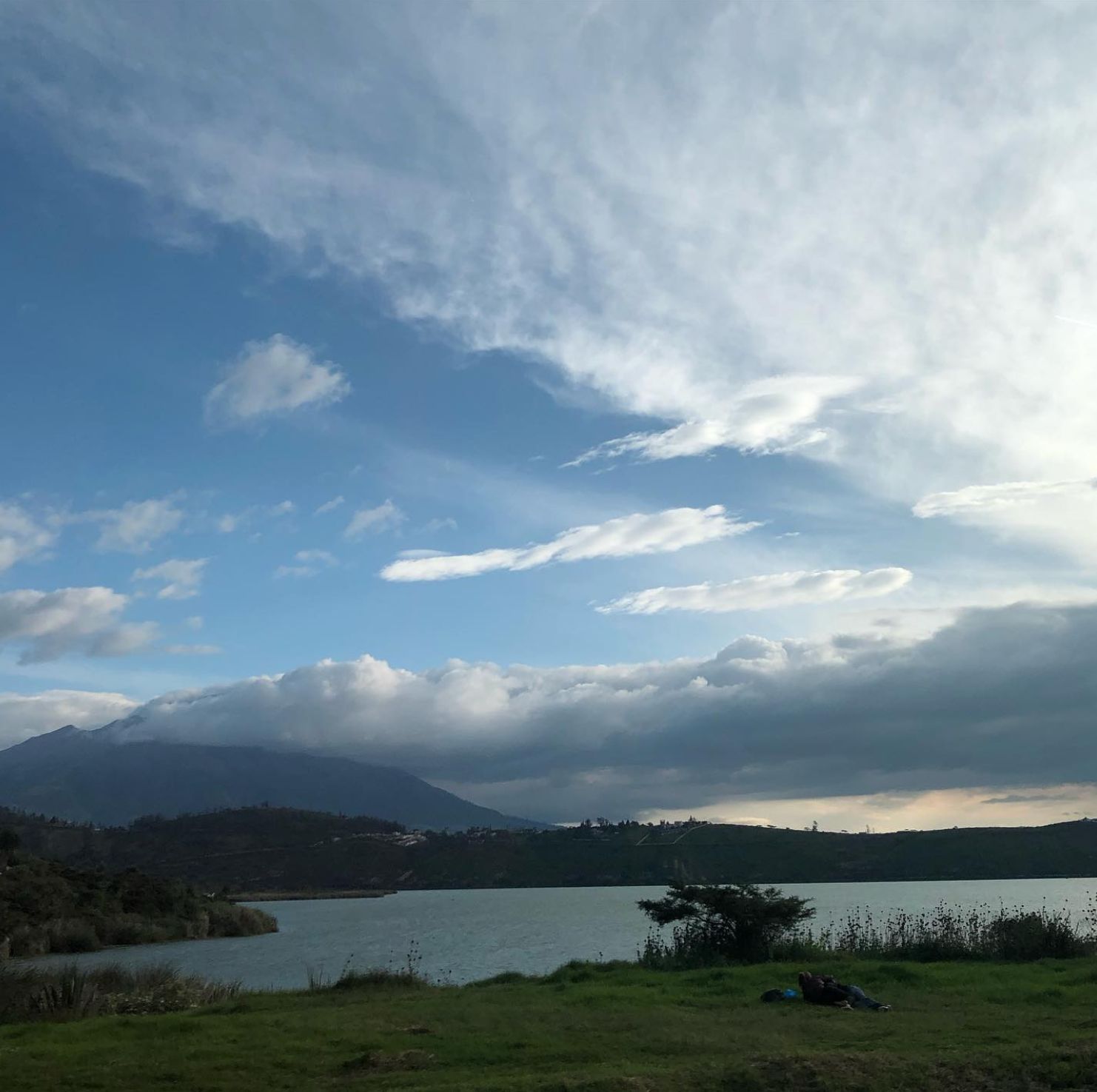
Essential skills for PhD canddiates
A PhD is often seen as the logical next step after a master’s degree. And while the master’s and PhD are sometimes lumped together in “graduate school”, the step can be large as PhD candidates have more responsibilities in their research.
I compiled a list of 15 essential skills for PhD candidates to learn, regardless of the field of study:
- Research leadership: Taking a leading role in projects, including guiding junior researchers or managing specific aspects of a larger project. Remember: you are in the driver’s seat for your thesis.
- In-depth literature synthesis: Mastering the ability to synthesize and critically evaluate a broad range of existing knowledge in the field, and writing a comprehensive literature review for the thesis.
- Experimental design optimization: Fine-tuning and optimizing experimental designs for maximum data yield and validity.
- Hypothesis testing and refinement: Delving deeper into hypothesis generation and refinement, and systematically testing and refining research questions.
- Publishing strategically: Understanding how to write for publication and strategically select and target journals for maximum impact (if you are expected to write papers).
- Interdisciplinary integration: Integrating knowledge from different disciplines or sub-fields to address complex research questions.
- Advanced data visualization and presentation: Creating sophisticated visual representations of data to enhance communication and interpretation.
- Mentoring junior researchers: Providing guidance in research techniques and project management to undergraduate or master’s students, or tutoring a class,
- Technical proficiency: Mastering specialized techniques or equipment relevant to the specific field of study.
- Intellectual property awareness: Understanding the basics of intellectual property rights and how to protect and manage intellectual assets.
- Global research and collaboration skills: Engaging in international collaborations, navigating cross-cultural communication, and understanding international research norms.
- Effective science communication and outreach: Engaging with the broader public, policymakers, or media to disseminate research findings effectively. Using social media for your research.
- Self-care and well-being: Prioritizing self-care, managing stress, and maintaining mental and physical health throughout the demanding and extended duration of a PhD project.
- Time management: Effectively planning and allocating time to various aspects of research, including experiments, analysis, writing, and personal well-being.
- Adherence to ethical standards: Understanding and upholding ethical standards in research, including the responsible conduct of research and human/animal subjects protections.
Which of these skills did you find most difficult to develop?
Share with your peers!



